Coordinated by the Drug-Endangered Children (DEC) Development Taskforce of Manatee County and Drug Free Manatee
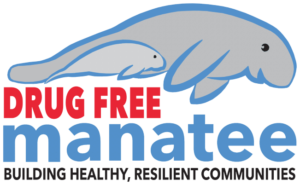
‘Handle with Care’ is an initiative aimed at helping children succeed in school by alerting school staff with a simple notice when a student experiences a traumatic event involving law enforcement or Child Protection Services (CPS).
Officers at the scene of the event are trained to identify the children present, find out what school they attend and send the school a confidential email that simply says, “Handle [child’s name] with Care.”
The memo will not provide any other details in order to protect the family’s privacy.
Handle with Care notices are provided to school principals, nurses, guidance counselors/social workers, School Resource Officers (SROs) and teachers on a need-to-know basis.
Often children involved in trauma act out because they don’t know how to handle the ordeal. This can range from not participating in class, to exhibiting anger or even physical pain like a headache or stomach ache.
Many of these children are considered drug-endangered and have been exposed to criminal behavior, violence, loss of parents to arrest and incarceration, abuse and neglect as well as other trauma from all they have experienced.
Regardless of the source of trauma, the common thread is the school. Research shows that trauma can undermine a child’s ability to learn, form relationships and function appropriately in the classroom. It often leads to school failure, truancy, suspension or expulsion, dropping out completely or involvement in the juvenile justice system.
Through the DEC Taskforce, huge strides have been made to assist children exposed to violence by improving communication and collaboration between law enforcement, schools, CPS and mental health providers. Handle With Care-Florida is coordinated by Drug Free Manatee. For more information: www.DrugFreeManatee.org
IMPLEMENTATION MAP
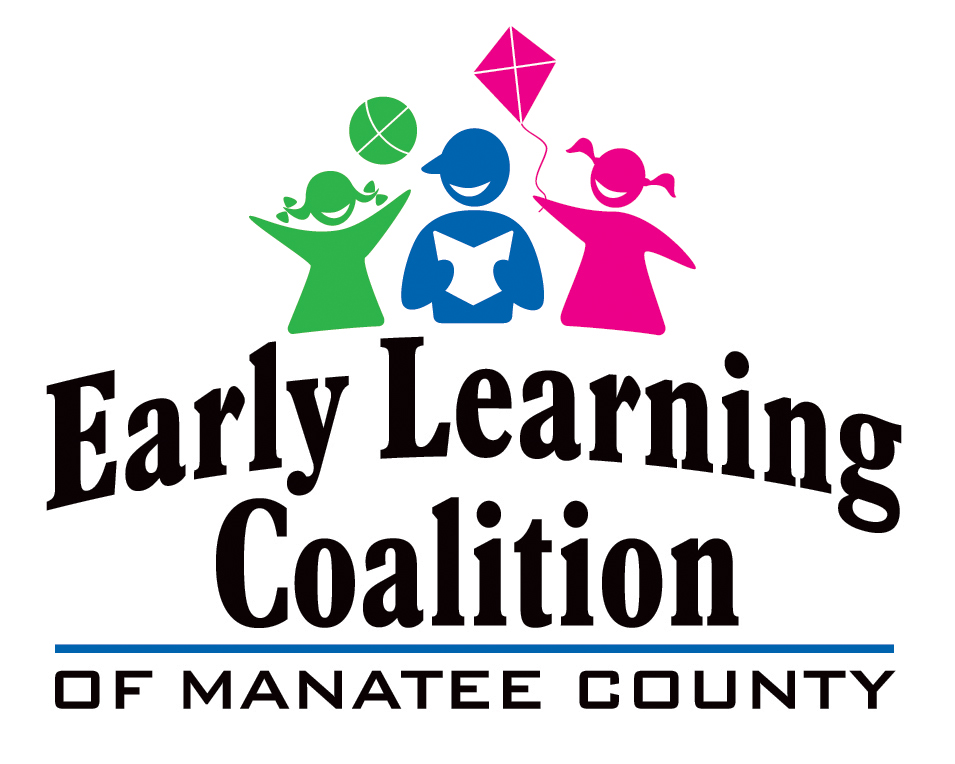
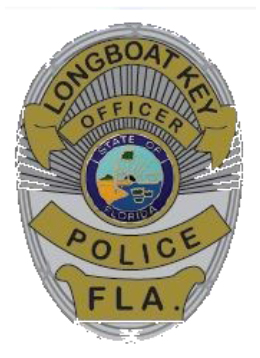
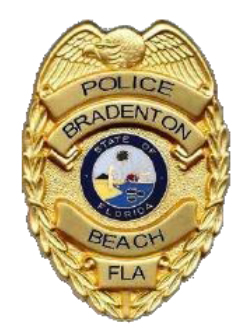
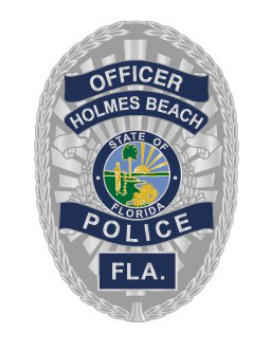
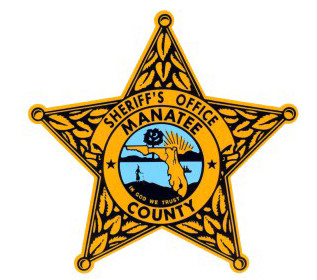
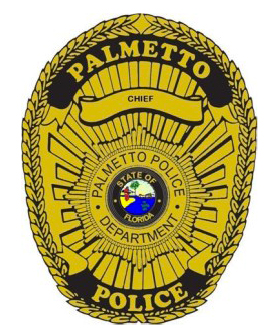

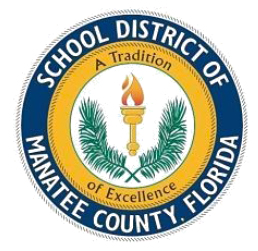

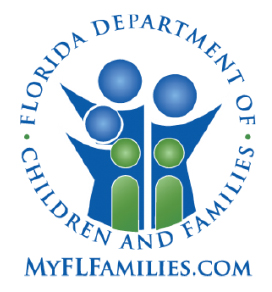
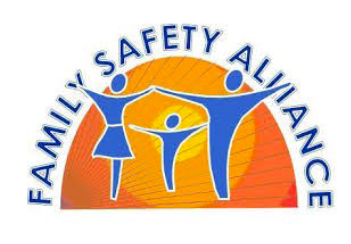

Model Handle With Care (“HWC”) programs promote safe and supportive homes, schools and communities that protect children, and help traumatized children heal and thrive. HWC promotes school community partnerships aimed at ensuring that children who are exposed to trauma in their home, school or community receive appropriate interventions to help them achieve academically at their highest levels despite whatever traumatic circumstances they may have endured. The ultimate goal of HWC is to help students to succeed in school. Regardless of the source of trauma, the common thread for effective intervention is the school or child care agency. Research now shows that trauma can undermine children’s ability to learn, form relationships, and function appropriately in the classroom. HWC programs support children exposed to trauma and violence through improved communication and collaboration between law enforcement, schools/child care agencies and mental health providers, and connects families, schools and communities to mental health services.
PILOT:
“Handle with Care” was an initiative piloted at Mary C. Snow West Side Elementary School in Charleston, WV in 2013. The school, located in an urban area of the city plagued by drug and violent crime, housed approximately 500 students. Ninety-Three percent of the students came from low-income families. The school ranked 398 out of 404 elementary schools in West Virginia for poor performance. In conjunction with “Handle With Care,” the United States Attorney’s Office launched a Drug Market Intervention in the area to address high level drug and street crime.
LAW ENFORCEMENT:
“Handle with Care” provides the school or child care agency with a “heads up” when a child has been identified at the scene of a traumatic event. It could be a meth lab explosion, a domestic violence situation, a shooting in the neighborhood, witnessing a malicious wounding, a drug raid at the home, etc. Police are trained to identify children at the scene, find out where they go to school or daycare and send the school/agency a confidential email or fax that simply says . . . “Handle Johnny with care”. That’s it. No other details.
In addition to providing notice, officers also build positive relationships with students by interacting on a regular basis. They visit classrooms, stop by for lunch, and simply chat with students to help promote positive relationships and perceptions of officers.
SCHOOLS:
Teachers have been trained on the impact of trauma on learning, and are incorporating many interventions to mitigate the negative impact of trauma for identified students, including: sending students to the clinic to rest (when a HWC has been received and the child is having trouble staying awake or focusing); re-teaching lessons; postponing testing; small group counseling by school counselors; and referrals to counseling, social service or advocacy programs. The school has also implemented many school-wide interventions to help create a trauma sensitive school (Greeters; pairing students with an adult mentor in the school; utilization of a therapy dog; and “thumbs up/thumbs down” to indicate if a student is having a good day or a bad day).
ACKNOWLEDGEMENTS:
Components of this program were developed with guidance and technical assistance from the Massachusetts Advocates for Children: Trauma and Learning Policy Initiative, in collaboration with Harvard Law School and the Task Force on Children Affected by Domestic Violence. Special thanks to Joe Ristuccia, Ed.M., co-author of Helping Traumatized Children Learn, Edward Jacoubs with the Plymouth County District Attorney’s Office in Brockton, MA, and Huntington, WV community activist and volunteer Leon White. Funding for the expansion of Handle with Care Florida is supported by the Substance Abuse and Mental Health Services Administration (SAMHSA).
